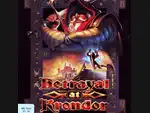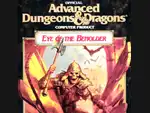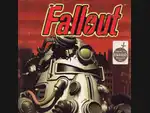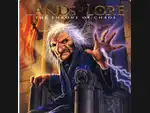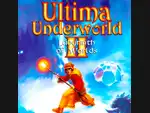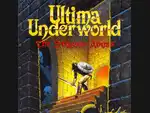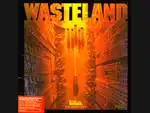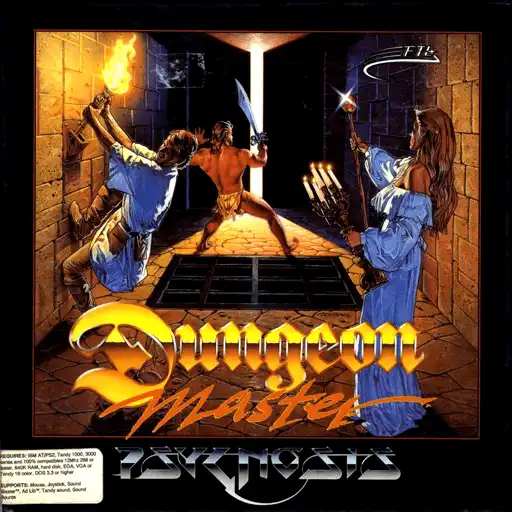
Dungeon Master Online: Strategies for Engaging Digital Campaigns
Dungeon Master Online offers a nostalgic experience for fans of classic role-playing games. Engaging in this virtual realm allows players to step into the shoes of adventurers and embark on thrilling quests.
Players can immerse themselves in a game that blends strategy, teamwork, and creativity while navigating complex dungeons.
As technology has evolved, so has the way people play Dungeon Master. Online platforms allow for seamless gameplay, even when friends are miles apart. This change has not only made it easier to find groups but also enhanced the overall experience for new and veteran players alike.
Building and managing an adventure through Dungeon Master Online can be a rewarding challenge. Players must think critically about their strategies and how to work together to overcome various obstacles.
Key Takeaways
- Dungeon Master Online allows for immersive, strategic gameplay.
- Online platforms have transformed how players connect and engage with the game.
- Managing an adventure requires teamwork and critical thinking.
Getting Started with Dungeon Master Online
Starting a Dungeon Master online game involves a few important steps. Players need to choose the right platform, set up their game properly, and grasp the basic rules that guide the gameplay. Each of these will help create an enjoyable experience for everyone involved.
Choosing a Platform
When aiming to play Dungeon Master online, selecting the right platform is crucial. Several options exist, each catering to different styles of play.
Websites like Roll20, Foundry, or Even Discord are popular among players.
- Roll20: A web-based platform that offers virtual tables, shared maps, and built-in tools for character sheets.
- Foundry: A paid option known for its powerful customization and flexibility.
- Discord: Great for voice and text chatting, often used in tandem with other platforms for games.
Choosing a platform that suits the group’s needs enhances the experience right from the start.
Setting Up Your Game
After selecting a platform, the next step is to set up the game environment. This includes creating a campaign, inviting players, and organizing the session details.
When setting up, the Dungeon Master should:
- Define the campaign's theme and setting.
- Create or select a set of adventures to follow.
- Prepare game materials, such as maps and character sheets.
Making sure all players are familiar with the platform also helps ensure a smooth start.
Understanding Basic Rules
To successfully play Dungeon Master online, knowing the basic rules of the game is essential. This includes understanding character creation, combat mechanics, and how to manage player interactions.
A few key points to keep in mind are:
- Character Creation: Players choose their class, race, and backstory.
- Combat Mechanics: Learn how to roll dice, calculate modifiers, and track hit points.
- Player Interactions: Encourage creativity and teamwork among players.
By focusing on these essential elements, the Dungeon Master can create a fun and engaging atmosphere for everyone involved.
The Evolution of Dungeon Master Online Platforms
The journey of Dungeon Master from its original DOS version to modern online platforms showcases significant advancements in technology and gameplay. These changes reflect both the evolution of gaming preferences and the need for accessibility in role-playing games.
From DOS to Today
Dungeon Master first launched as a DOS game in 1987, designed for early personal computers. Its innovative real-time combat and grid-based layout captivated players, establishing it as a classic in RPG history.
With time, its popularity spurred remakes and adaptations. Players could experience the original gameplay or revamped versions through various online platforms.
The introduction of browser-based play brought new life to the game, allowing easy access and multiplayer features.
Today, players can find Dungeon Master on different sites that host retro games and nostalgic titles. This evolution ensures that new generations can explore dungeons just like fans did decades ago.
Theron's Quest: A Case Study
Theron's Quest is a notable sequel to the original Dungeon Master, launched in 1991. It expanded the universe by introducing new characters and a distinct storyline. Unlike its predecessor, this version shifted some mechanics to enhance the player experience.
With advancements in graphic design, Theron's Quest offered improved visuals and sound—elements valuable for immersive gameplay.
In recent years, it has been made available on various online platforms, drawing a blend of old and new players. Its presence online keeps the legacy alive by providing easier access to fans eager for dungeon adventures. The game's evolution highlights how developers embrace nostalgia while keeping gameplay relevant and engaging.
Building and Managing Your Adventure
A successful adventure requires careful planning and a focus on player engagement. By creating quests that challenge and excite players, and developing characters with depth, the Dungeon Master enhances the overall gaming experience.
Creating Engaging Quests
When crafting quests, the Dungeon Master should focus on the goals, challenges, and rewards. Engaging quests often contain clear objectives, interesting obstacles, and meaningful consequences.
-
Objectives: These should be direct and compelling. For example, retrieving a stolen artifact or saving a captured ally keeps players invested.
-
Challenges: Incorporate puzzles, traps, or combat situations to keep the gameplay dynamic. Strategic monsters or deceptive environments add layers of tension.
-
Rewards: Consider both material rewards like treasure and narrative rewards that advance character backstories or strengthen relationships within the party.
Utilizing tools from platforms like Kanka can help organize quests and manage details efficiently.
Character Development and Story Arcs
Character development is crucial for immersing players in the adventure. Each character should have unique traits, flaws, and motivations that evolve throughout the campaign.
-
Backstory: Encourage players to create rich backstories. This adds depth and gives the Dungeon Master hooks to develop.
-
Evolving Relationships: Characters’ interactions can lead to alliances or conflicts, enhancing drama and engagement. A betrayal among party members can stir emotions and decisions.
-
Story Arcs: Integrate personal arcs alongside the main story. This keeps players invested in their characters' growth and outcomes.
Using an online tool like Adventurer's Codex can assist in tracking character progress and storylines, making management easier.
In a Dungeon Master game online, these approaches strongly enrich the adventure for the players, leading to memorable experiences.
